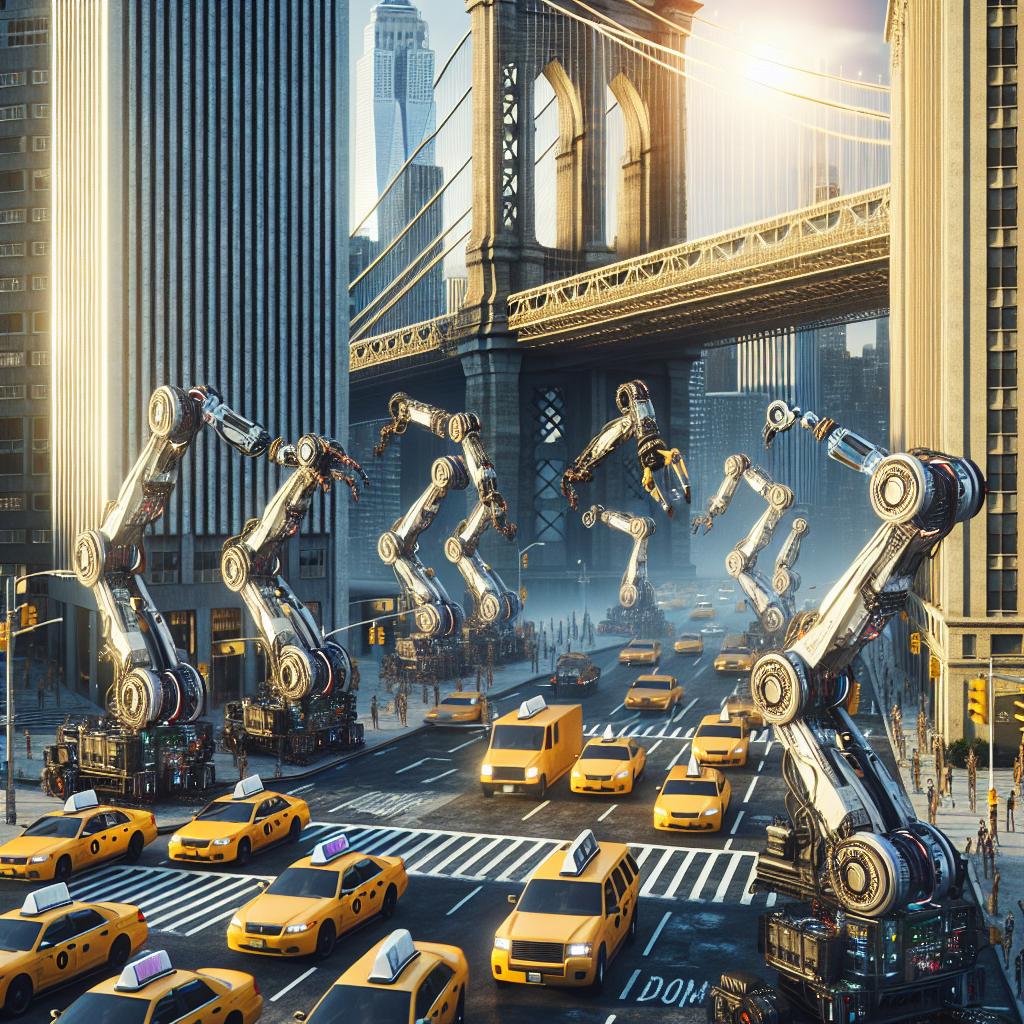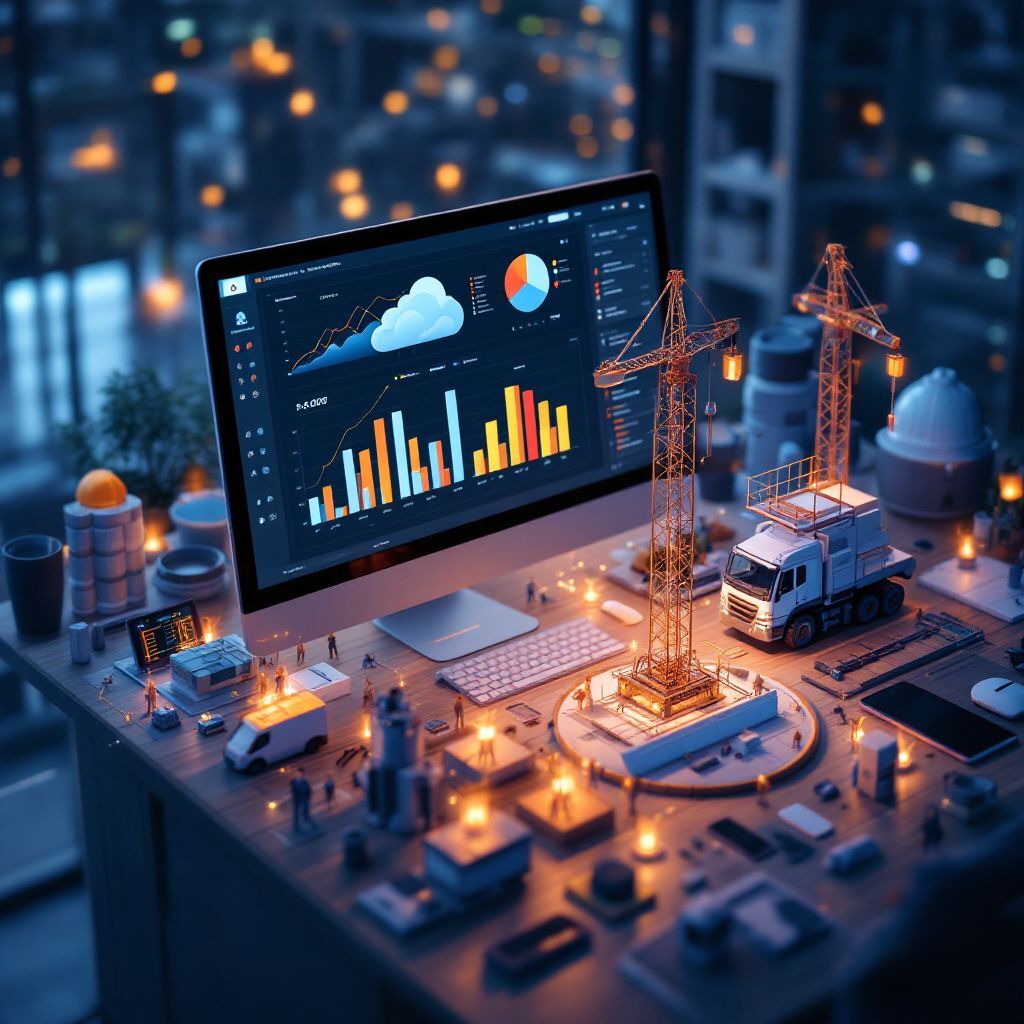Robotic Advances Shaping the Future of the Industrial Landscape
Emerging Technologies Changing the Status Quo
Scenario in New York City
New York City, more commonly known as the city of towering skyscrapers and a diverse industrial scene, is witnessing revolutionary changes in its grimy factories and assembly lines. An increasing trend in robotic automation is evident as machines embedded with cutting-edge technologies now hold sway over manual labor, and are driving unprecedented growth in productivity and efficiency.
Impact of Robotic Automation
Robotic automation, equipped with advanced algorithms and machine learning capabilities, is gradually changing the game of industrial operations in the city. Serving a wide spectrum of industries including automotive, electronics, pharmaceutical, and food processing, these automated ‘colleagues’ are redefining the traditional industrial landscape. They can be found performing complex tasks such as precision welding, assembling intricate components, packaging goods, and even diagnosing equipment issues before they manifest into major breakdowns.
Benefits of Robotic Automation
Efficiency and productivity are two key aspects where robots have proved their mettle. Reduced cycle times, minimized human errors, and round-the-clock operations are among the added advantages. Robots do not get tired, need no lunch breaks, do not call in sick, and most importantly, do not compromise on quality, ensuring consistent workflow and enhanced outputs.
Moreover, in industries where working conditions can pose severe health and safety risks to human workers, deployment of robots acts as a silver lining. It ensures a safer environment, and as research suggests, robots can significantly reduce workplace injuries and related expenses.
The Flip-side
However, the rise in robotic automation is also raising concerns about job displacement. Experts opine that while certain routine jobs may be at risk, it’s also expected that the evolution of these technologies will create a new wave of opportunities that demand more skilled labor.
Looking ahead
While the initial investment for robotic systems might seem daunting, their long-term return on investment is significant, thus encouraging many businesses to embrace these technologies. Prominent research firms believe that the world of automation is still in its infancy, implying that the potential for growth and expansion is enormous.
Rise of AI and Machine learning
Advancements in artificial intelligence (AI) and machine learning are playing a crucial role in enhancing the capabilities of these automated systems. A robot may be pre-programmed to perform a certain task, but with the integration of AI and machine learning, it can now adapt to changes, learn and improve from experiences just like a human.
This opens up fresh avenues where robots can now perform complex tasks that were once thought to be reserved only for humans. With AI, these robotic systems are now capable of understanding the environment, recognizing patterns, making decisions, and solving problems that involve a high degree of complexity.
Conclusion
In conclusion, while it’s evident that the rise of robotic automation is indeed redefining the industrial landscape in New York City, it’s also important to understand the implications on the job market and strike a balance accordingly. Emphasizing on education and skill training can help in preparing the workforce for this robot-driven era, turning it into more of an opportunity rather than a threat.
With AI and machine learning underpinning these advances, the wave of robotic automation is expected to surge even further, promising a more efficient, productive, and safe industrial environment.








